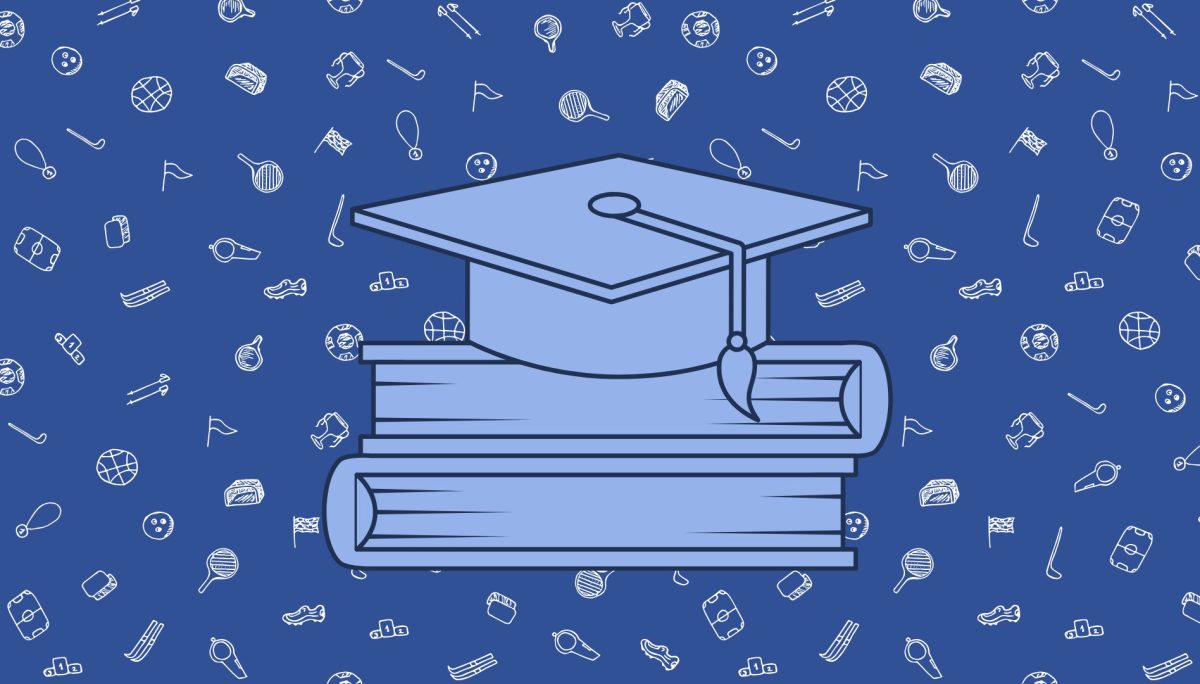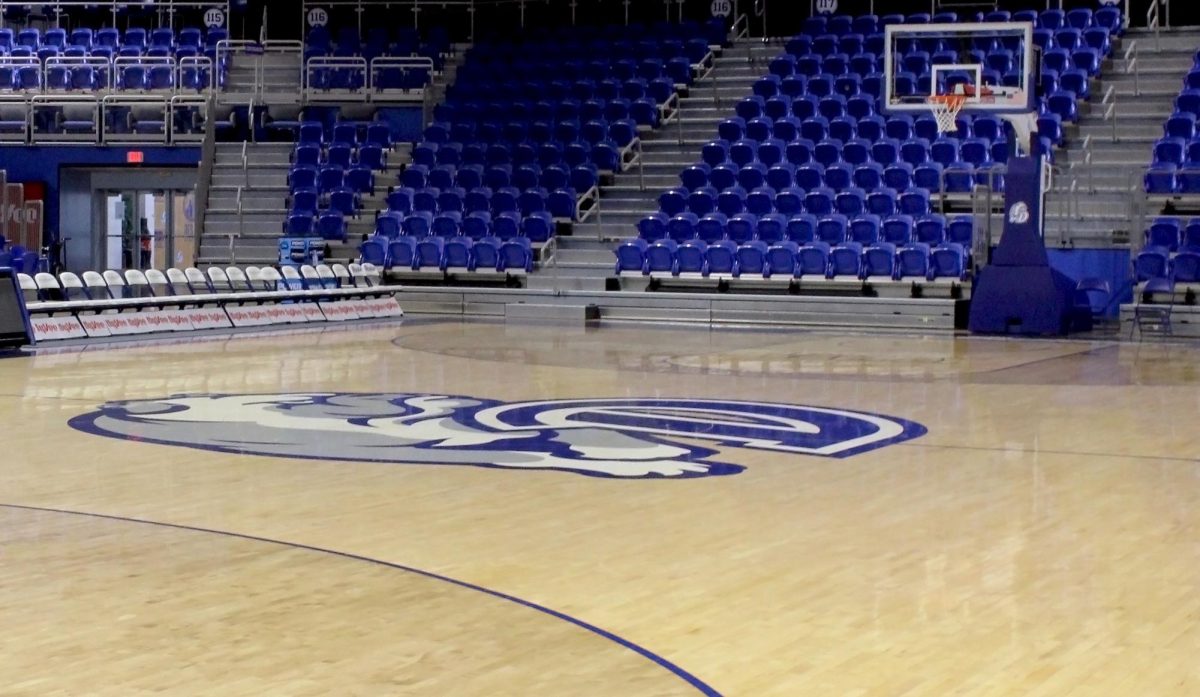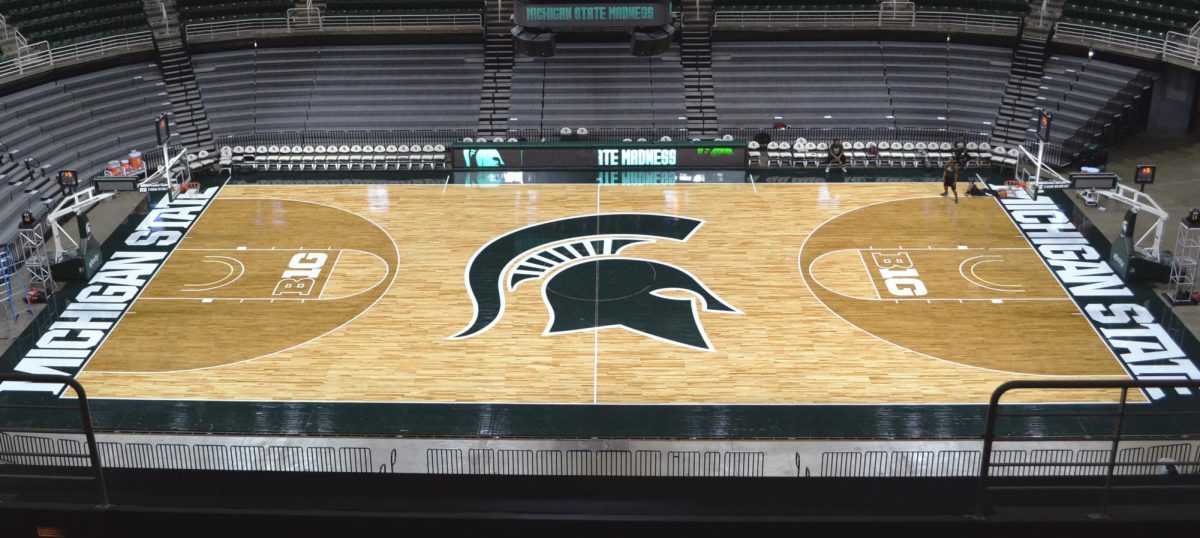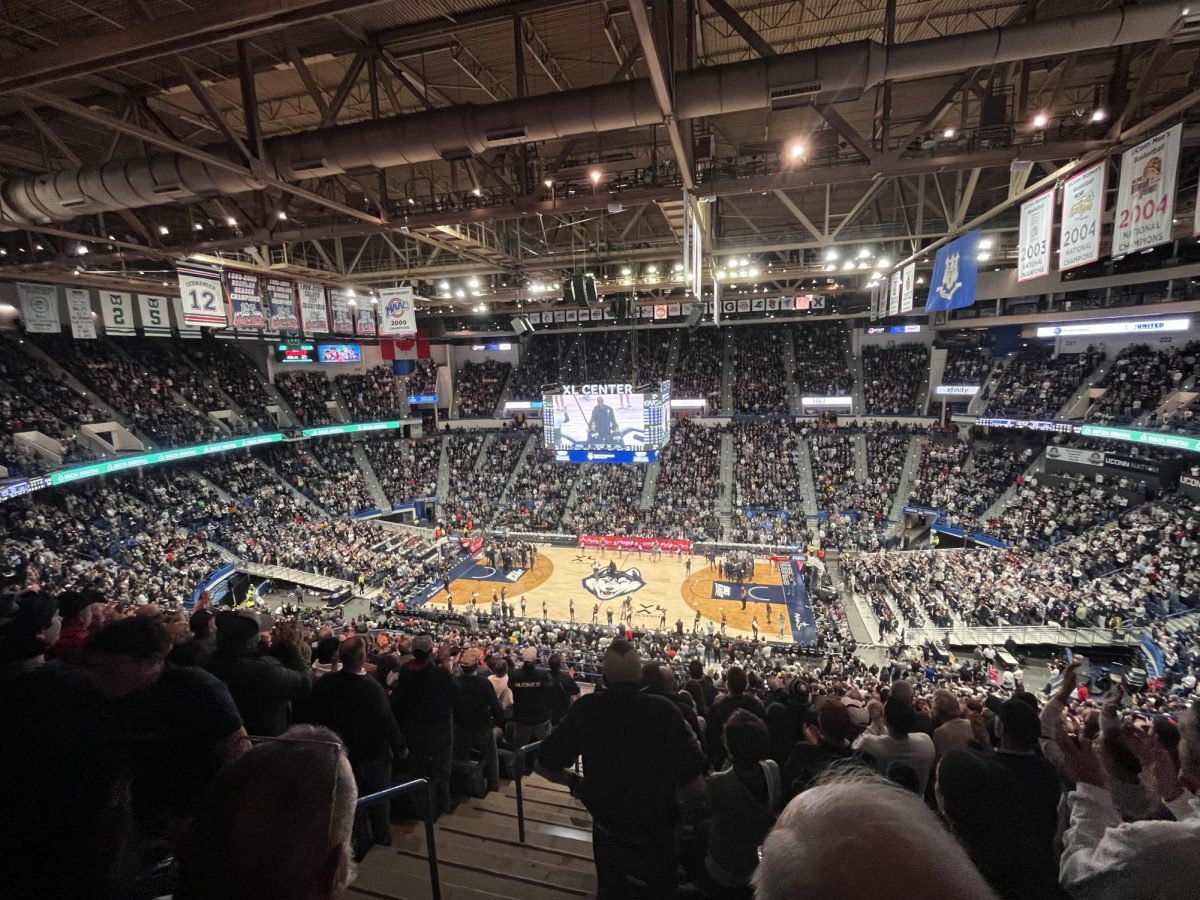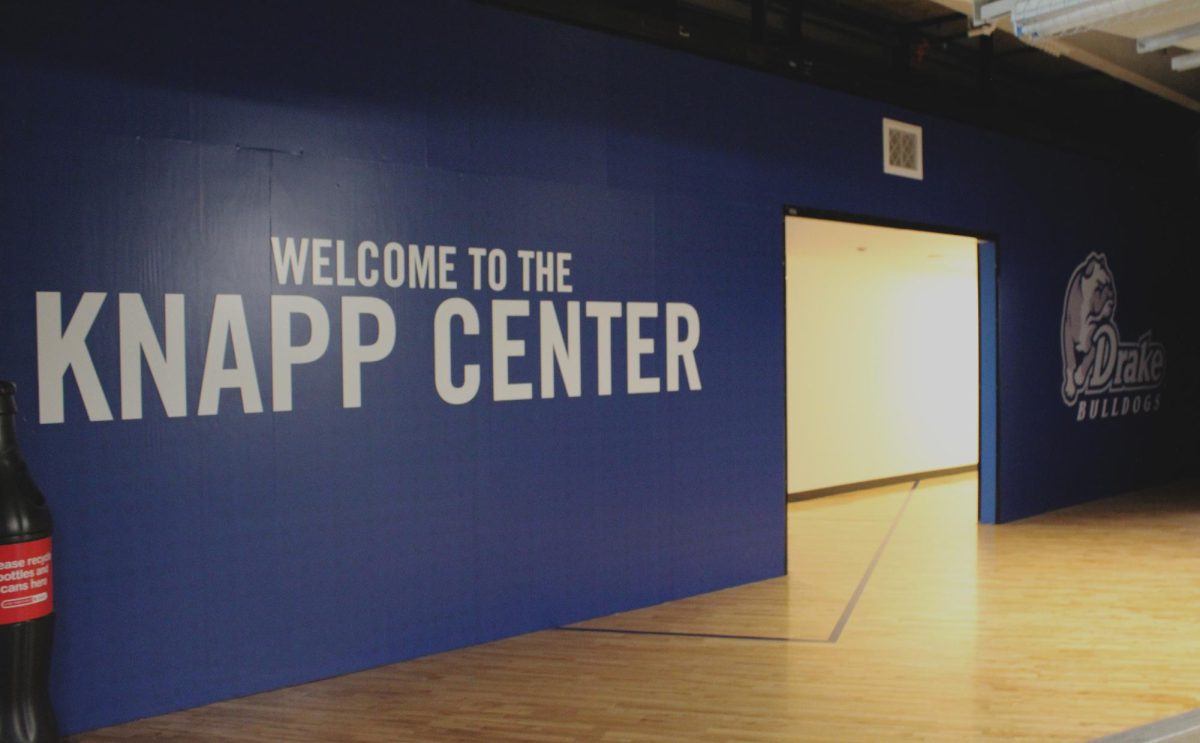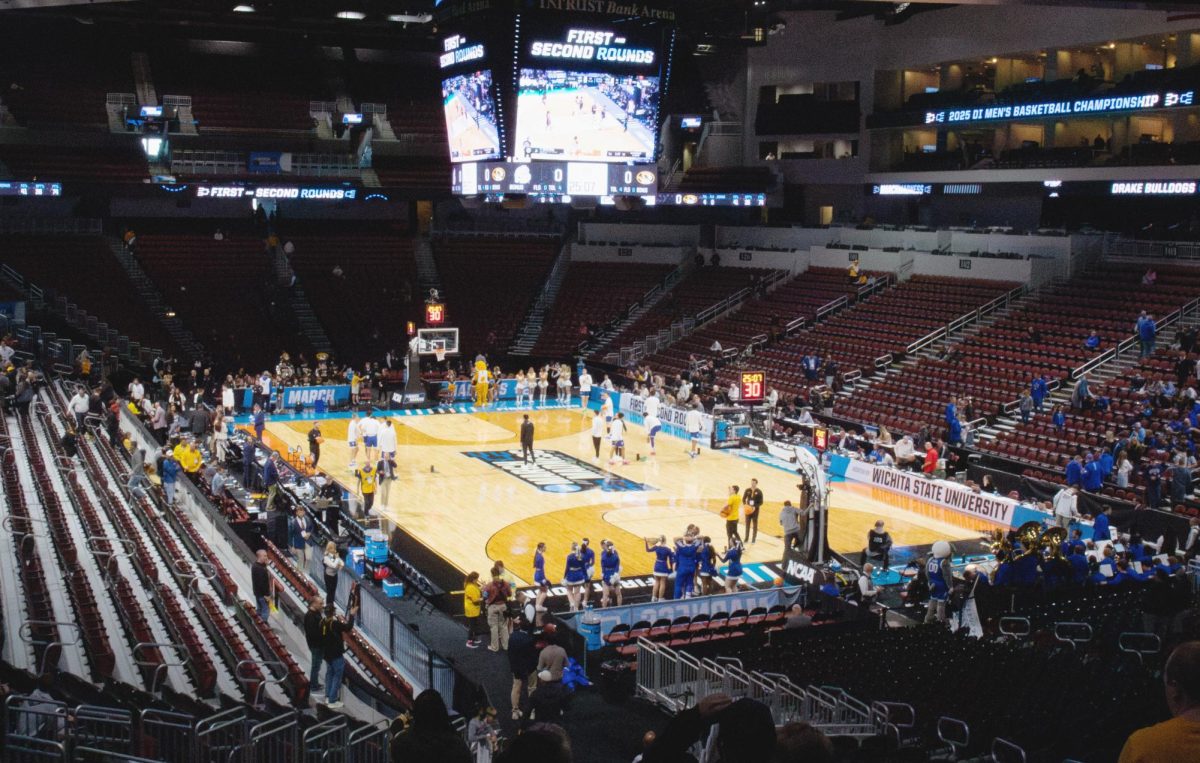Unruh is a senior radio and sociology double major and can be reached at tad.unruh@drake.edu
The Harbowl has come and gone. Super Bowl XLVII punched viewers in the mouth with entertainment — Beyonce’s body rolls were so electric the lights went out, and the enormous tweet output could have exploded the Internet (just like the Mayans said it would … or not, I’m not one for hyperbole). I can honestly state that never as much sheer giddiness has come directly from following the Twitter sphere in one whole four-hour sitting. I did write a column last year about the integration of television events with social media, i.e., “Hey look at me I’m sitting on a couch with my laptop, and Twitter is open. I’mma tweet about everything I see.” At no point but during the actual game could you get up from your chair for another cheese drenched chip or relieve yourself if you were to miss a moment of pop culture. But the Super Bowl is the penultimate arena for human/media immersion event, and 2013 did not in the slightest bit disappoint.
Lets start with the statistics:
24.1 million tweets about the game.
5.5 million tweets occurred during the emotional whiplash of Beyonce’s performance and Destiny’s Child’s reunion.
231,500 tweets of some of the best Twitter jokes/retweets/viral marketing happened during the 30-plus minute power outage.
Next, let’s examine the best parts of the whole experience.
While the first half of the game was sub-par in many ways, the Twitter sphere and world became slightly disinterested. Also the advertisements were vaguely similar to previous years, wallowing in general hit or miss humor and pulling on heartstrings. HBO comedian Bill Maher put it best with his tweet, “Looks like again this year the advertisers elected to punt.” While Twitter took barbs at the game and advertisements, any and all excitement focused as Beyonce took the stage.
Twitter had been largely silent, until the scrambling set up of the stage and Beyonce’s libido-drenched swagger manifested itself onto the millions of television screens across the nation. The fiery outline of Beyonce’s “oh no you didn’t” towered over the stage, with almost as much heart-pounding waiting as Michael Jackson waiting for his music cue on stage in 1993. Then the tweets came, first with fervor of “Beyonce,” and then with her multiplying holographic selves onstage there came cries of “HOW MANY BEYONCES ARE THERE?!?! #SERIOUSLY” by @traviscrice. Then the Destiny’s Child reunion caused pandemonium … or hilarious indifference, by sports satirist @sportspickle: “Beyonce actually bought the shoes and clothes for the other Destiny’s Child ladies. Hard times these past few years.”
Just as soon as the smoke cleared from the halftime spectacle, and as seemingly fast as the game started, the power outage happened, which, in its element created some of the greatest Twitter responses I’ve come to see. The reason it became the entertainment forum that it did, was 1. Technical difficulties spawn jokes, always. You’ve been to a high school play when things don’t go right, what do you do? Yeah, I know. 2. Nobody was hurt. And 3. People started blaming everybody. Twitter joke accounts from al-Qaida to Bane to the Illuminati claimed and dispelled faux rumors of their evil doings. Rembert Browne of Grantland (@rembert) tweeted simply, “I’m looting.” Beyonce took hilarious blame for her electrifying performance. Resident science and smart guy Neil deGrasse Tyson said he would look into the matter for everyone, “Beyoncé radiates about 500 watts, is my guess. But to be certain, I’d have to run a special calculation just for her.” Even sports financial reporter @darrenrovell tweeted, “This could be the most lucrative minutes in stadium beer selling history,” which I’m sure is completely true.
While the Internet stream was throttled by millions of tweets throughout those four and a half hours, it became one of the most interesting and talked about cultural events of the coming decade. People will remember what they tweeted about when Beyonce body popped so vivaciously that she knocked out power in the Super Dome, or better yet, they can look it up on their own tweet stream. Social media works as a national collective voice as to what is important in a day-to-day society. While it allows us to consume media and give feedback faster, it is essential now to how we communicate. Imagine what Twitter and Facebook would have done when Pearl Harbor was attacked, or when we signed the Declaration of Independence. It is unsure how to even measure the cultural impact this medium has changed how we view ourselves and our history, but seriously, it is so much fun.


